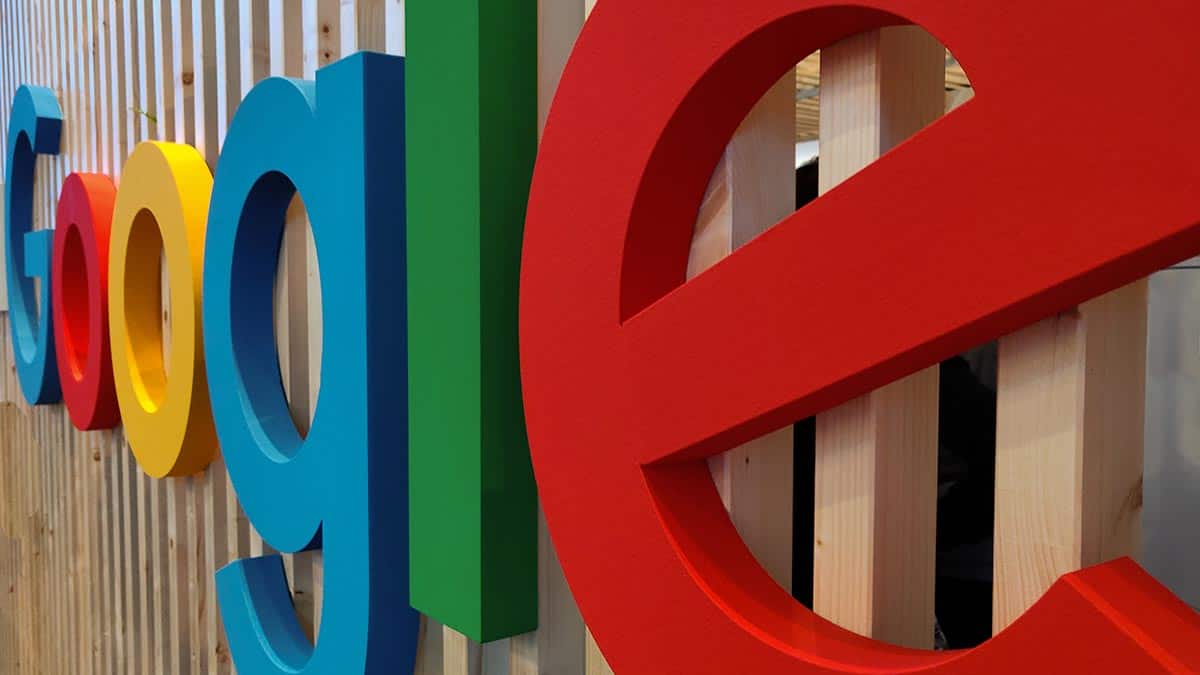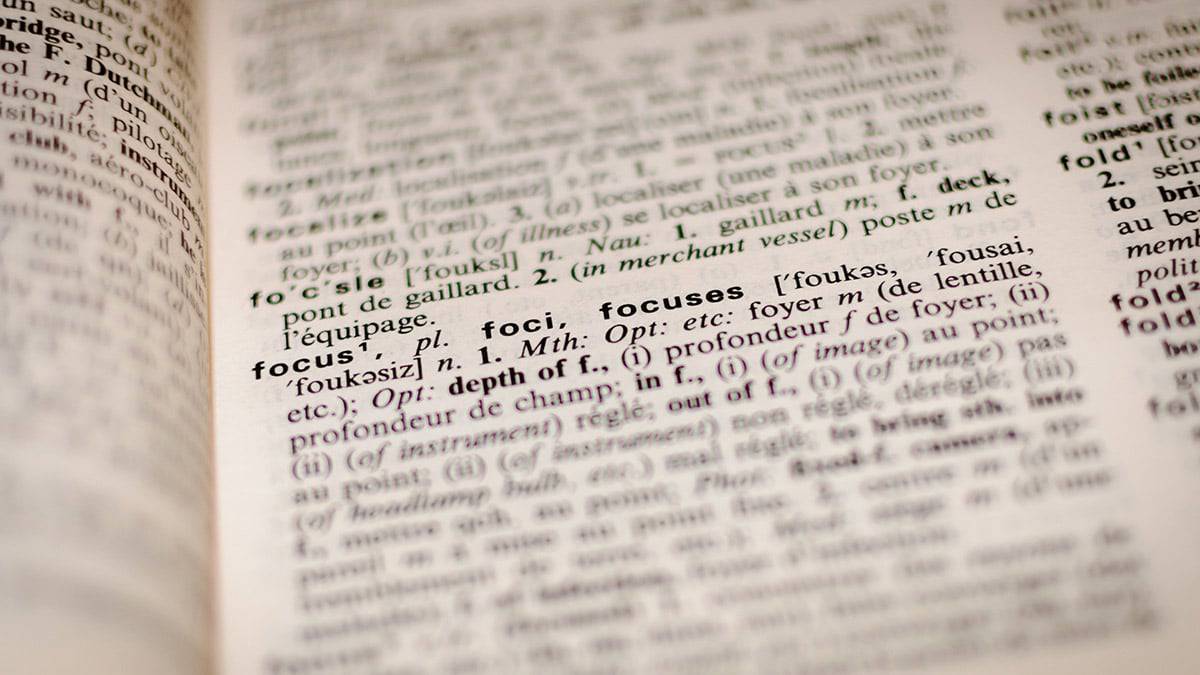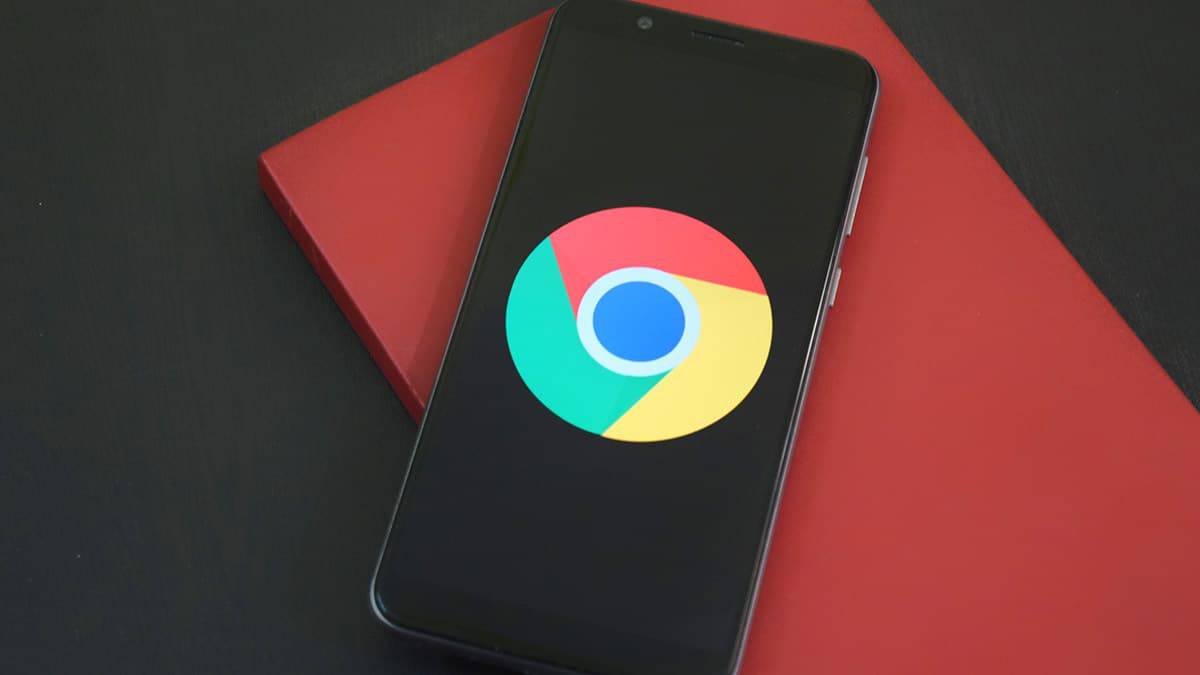If your smartphone's keyboard has access to the internet it could analyze what you write, here are the alternatives to Gboard!
Tag: Google
The cookie war dividing Europe
If the highway code had been written in the era of horse-drawn carriages and carriages, we would all feel the urgency of updating it to modern-day traffic, made up of cars, vans, motorbikes and mopeds. And the same, metaphorically aside, is happening with the European Union rules for the protection of electronic communications. The directive today in… Continue reading La guerra dei cookie che divide l’Europa
Google manipulates its algorithms more than we think
A long investigation by the Wall Street Journal tells how in the most used search engine in the world there are increasingly more manual interventions to organize the results. It is estimated that around 63 thousand searches are carried out on Google every second. The precision of the results offered and the convenience with which you can find practically anything… Continue reading Google manipola i suoi algoritmi più di quanto crediamo
Alternatives to Google Keep
The best alternatives to Google Keep, open-source and free. Tired of Google Keep? Here are all the open source alternatives!
A Google algorithm "monopolizes" web traffic
The algorithm used by Google to make its sites faster than its competitors behaves "incorrectly" by occupying most of the transmission bandwidth. A study by some researchers from Carnegie Mellon University has established this: the Bbr algorithm, developed by Big G, would manage internet traffic by consuming too much bandwidth... Continue reading Un algoritmo di Google “monopolizza” il traffico web
Alternatives to Google Password Manager
Using a password manager is definitely a good idea. But what open source and secure alternatives are there to Google Password Manager?
Do Google searches like a hacker would
The search engine that we use every day to carry out any type of search also hides a dark side. If interrogated properly, Google can become an extremely effective weapon. Querying a search engine means entering the search terms into the Google bar and pressing the "Enter" key. And by knowing what to ask for, you can get it from… Continue reading Fare ricerche su Google come farebbe un hacker
Alternatives to Google Docs
Inside this article you will find many valid alternatives to Google Docs, all very simple to use and safe!
Alternatives to Google Drive
If you are looking for encrypted and open source alternatives to Google Drive this is the article for you! Here's a slew of alternatives
Google and Facebook read your license plates [EN]
For years I've gone back and forth over the practice of obscuring license plates on photos on the internet. License plates are already publicly-viewable things, so what's the point in obscuring them, right? Well, now I think there actually is a good reason to obscure your license plates in photos because it appears that Google… Continue reading Google e Facebook leggono le vostre targhe [EN]
French publishers will sue Google
French publishers will sue Google before the European competition authority and will appeal to the Paris government to challenge the behavior of the Internet giant in terms of copyright.Continue reading on Agi.it
Alternatives to Google Maps
Here are all the alternatives to Google Maps that we have tried and selected for you! We also talk about navigation and public transport!
Alternatives to Google Translate
Valid alternatives to Google Translate! If you want an alternative to Google Translate and in general to all Google services, you are in the right place!
Alternatives to Google Chrome
Tired of Google Chrome? Are you looking for real alternatives to Google Chrome, fast and that respect your privacy?













